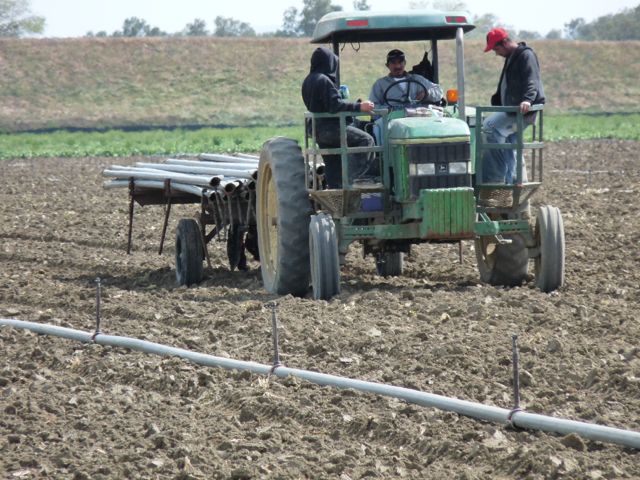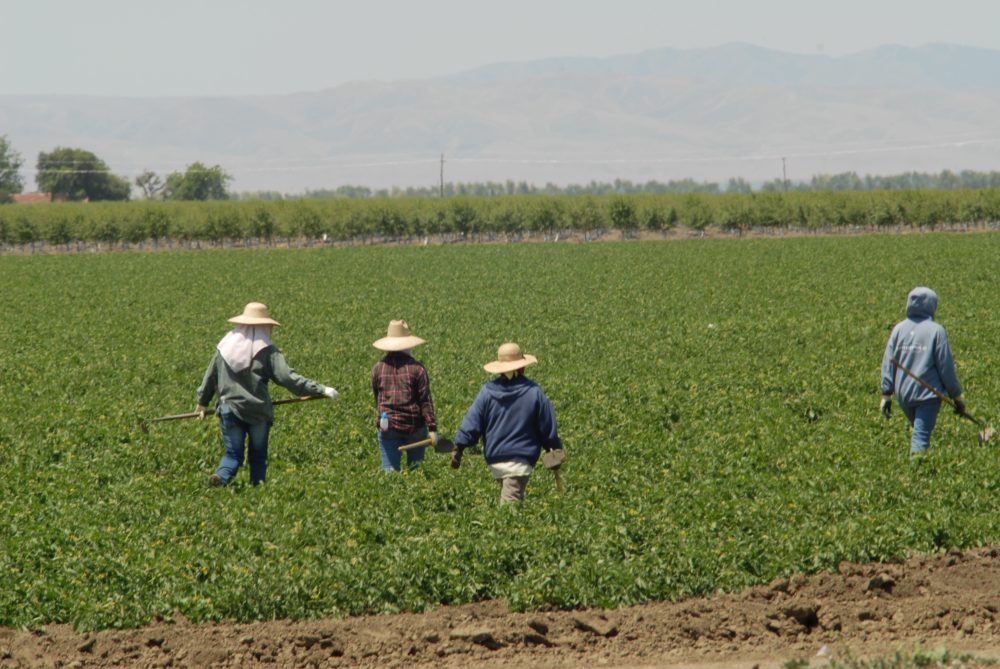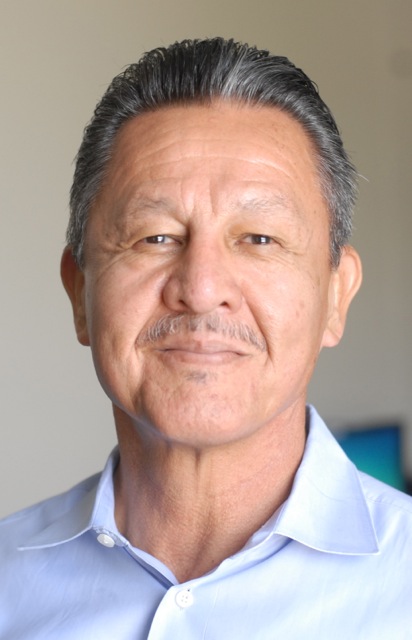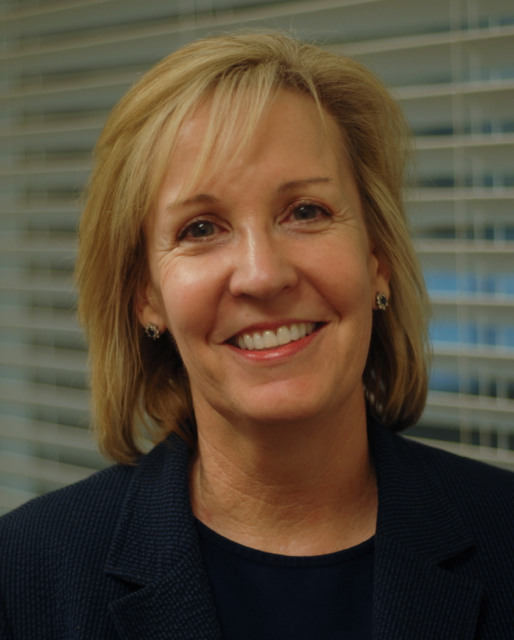Washington Post Writer Sees Ag Issues with RAISE Act
Disconnect Exists with Urban Politicians, Ruben Navarrette says
By Joanne Lui, Associate Editor
Ruben Navarrette grew up in the Central Valley and is a syndicated columnist for the Washington Post Writers Group. California Ag Today caught up with him recently at an event in Fresno called the The Latino Paradox: Immigration Forum. He spoke about the RAISE Act S.354, which severely limits immigration into the U.S. because it would be based on education and skills.
“There’s this disconnect in Washington and New York … mostly urban areas where politicians don’t think much about agriculture, agribusiness,” Navarrette said. “They have no clue about where this fruit is coming from when they walk down the street in New York and they see an orange. They don’t understand how dangerous something like the RAISE Act would be if you ultimately limit the amount of people who come here based on education and skills.”
The RAISE Act will limit immigration from Latin American countries. Meanwhile, U.S.-born citizens don’t go out to work in the fields.
“I think there’s a lot of people who wrongly believe that American workers will do those jobs if the wages are high enough, and the way they tell the story [is] to make the agribusiness and the farmers into the bad guy,” Navarrette said. “If you know enough farmers and you go out into enough fields and you interview enough farmers and enough workers, you know that’s completely false. Farmers could be in business for 30 years and never in 30 years have they ever had an American come to them and say, ‘Can I pick peaches?’ ”
With the Deferred Action for Childhood Arrivals act (DACA), if dreamers are sent back, there are questions about what may happen with their parents.
“If they go back, the parents may ultimately self-deport as well and that’s going to be disruptive,” Navarrette said. “Clearly it’s a mistake for us to believe that sort of agriculture and DACA, they’re all separate from each other. The issues are all intertwined. When a farm worker is working in a field, he cares about whether the local police have the authority to detain him, if he’s pulled over. He cares because he has kids who are in the DACA Program, so farming isn’t necessarily segregated. The farm workers are piped into all these different issues.”




























